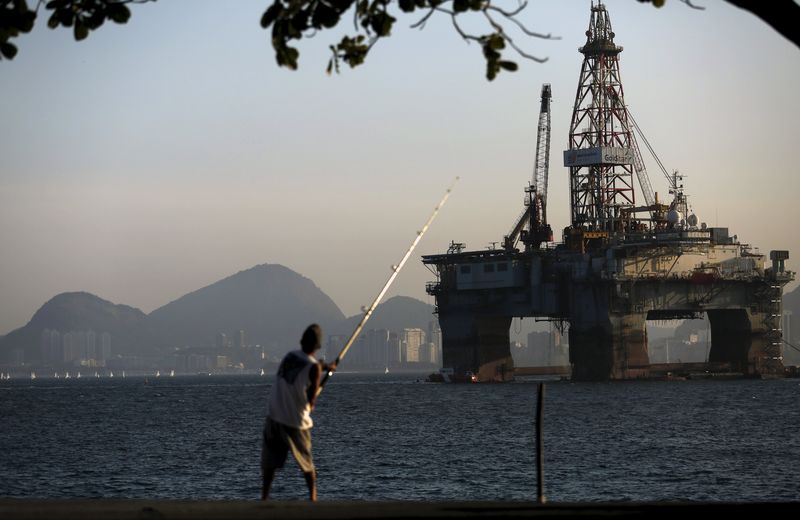By Peter Nurse
Investing.com -- Oil prices edged higher Thursday on further signs of a tight market ahead of the start of the U.S. summer driving season.
By 9:30 AM ET (1330 GMT), U.S. crude futures traded 1.7% higher at $112.20 a barrel, while the Brent contract rose 1% to $112.25 a barrel.
U.S. Gasoline RBOB Futures were down 0.1% at $3.8301 a gallon.
Data released Wednesday from the U.S. Energy Information Administration showed a larger than expected draw in the crude oil inventories for the week to May 20.
“U.S. commercial crude oil inventories declined by 1.02MMbbls over the week, although when taking into consideration releases from the strategic petroleum reserve, total U.S. crude oil inventories declined by 6.99MMbbls,” said analysts at ING, in a note.
Additionally, the U.S. gasoline market has tightened significantly, with stockpiles at the lowest seasonal level since 2014, and this comes ahead of the annual driving season that starts this weekend.
Warnings from Saudi Aramco CEO Amin Nasser about a lack of spare capacity in the global market also helped underpin prices.
The prospect of an EU embargo on Russian oil, in retaliation for Moscow’s invasion of Ukraine, is also helping to push prices higher.
European Council President Charles Michel on Wednesday said he is confident that an agreement can be reached before the body's next meeting at the end of May 30, seeking to convince Hungary to drop its opposition to such a move.
Crude has seen volatile trading since the end of February after Russia’s invasion of Ukraine upended trade flows and fanned inflation, while Covid-19 outbreaks in China severely hit demand in the world’s biggest importer.
Data from Energy Intelligence showed that China's oil demand fell to a two-year low in April, dropping by 8.6% from March to 12.74 million barrels per day - marking the first time since April 2020, when the country was hit by COVID-19 infections, that oil demand has fallen below 13 million barrels per day.
The country’s commerce hub, Shanghai, has started to open up after a prolonged lockdown, with hopes that the city of over 25 million will be back to normality by the start of June.
Elsewhere, the U.K. government announced Thursday plans to impose a "temporary and targeted" windfall tax of 25% on the profits of oil and gas companies.
The tax scheme is expected to raise over 5 billion pounds ($6.25 billion) in revenue, with the money expected to go in part to funding a broader package of income subsidies for lower-income families, aimed at relieving a growing cost-of-living crisis.
